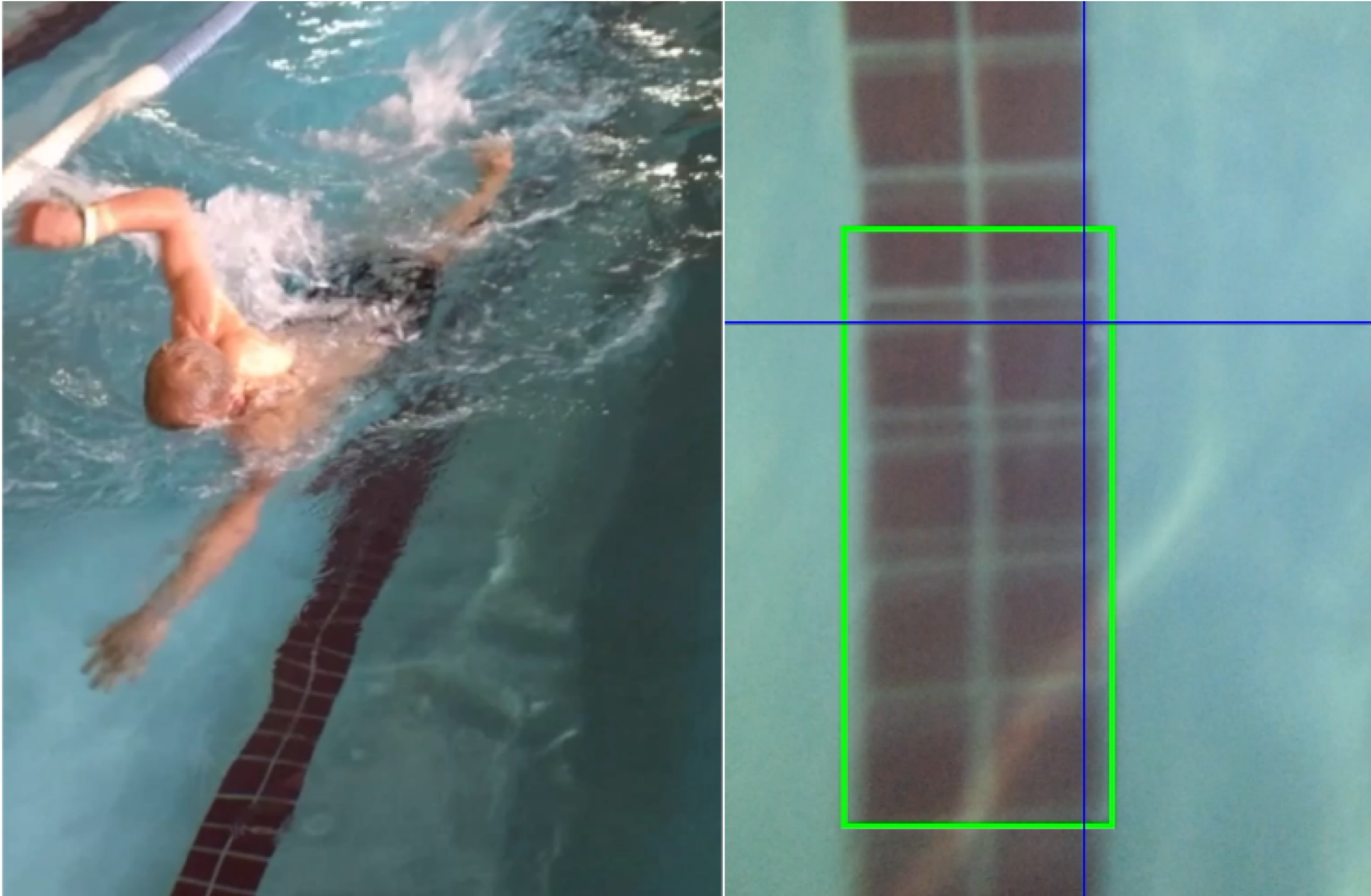
Contact
Email: varsha.koushik@colorado.edu
About me
I am a Ph.D. candidate in Computer Science at the University of Colorado Boulder. My advisors are Shaun Kane and Tamara Sumner. My broad research interest lies at the intersection of Human-Computer Interaction and Accessibility. My research focuses on exploring accessible smart technologies to empower people with disabilities in their everyday activities. I previously received my M.S. in Computer Science from University of Colorado Boulder.
I'm on the job market! Please send me a message if your department(or one you know) is interested in a HCI researcher who designs adaptive accessible technologies for people wih disabilities



